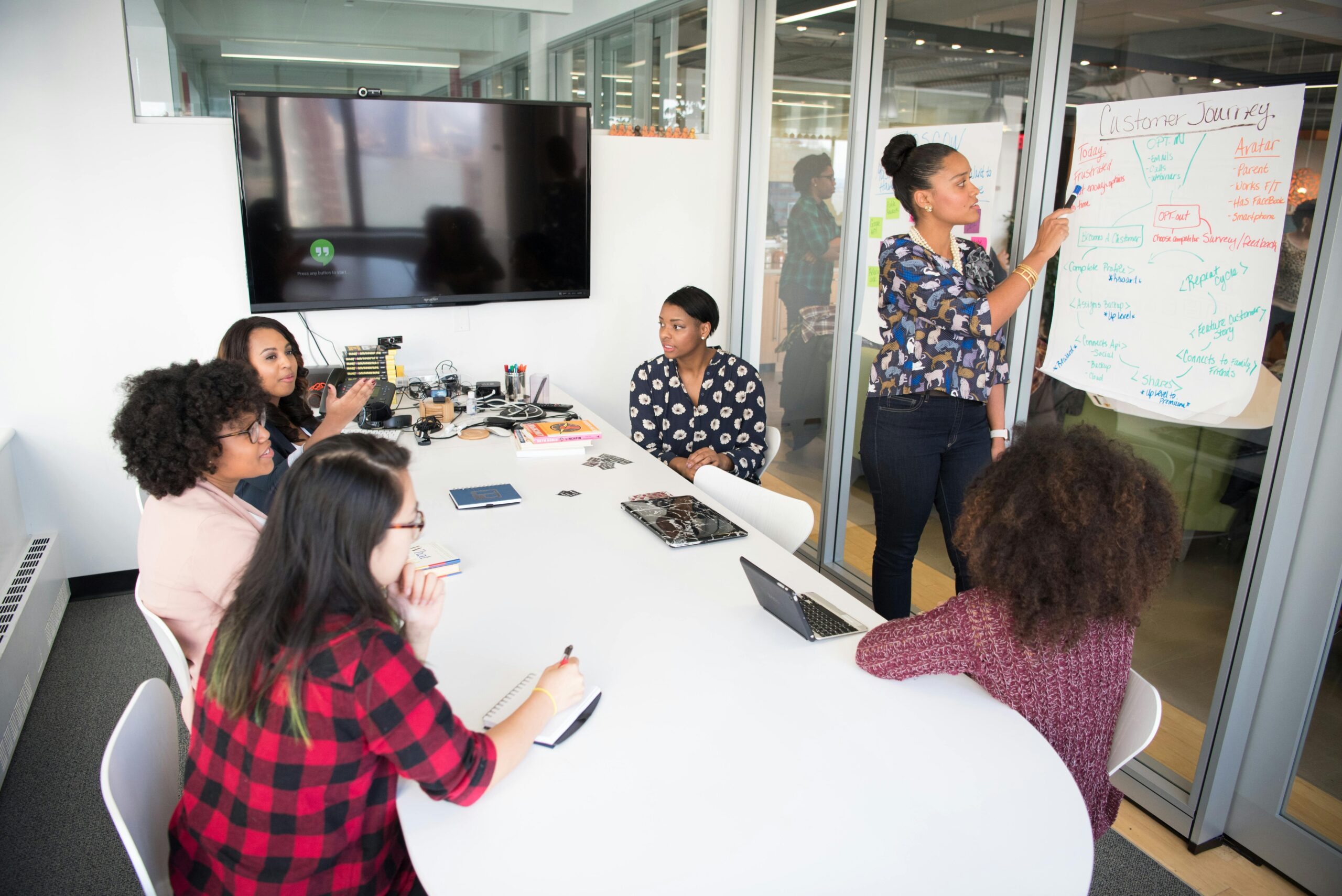Experts in action: from megaphone to megachat
The expectations of scientists who engage with society have increased over the past years. Where scientists in the past were applauded for simply explaining difficult research in laymen’s terms, nowadays we expect them to also inform policy, interpret science and interact with the public. But has the role that scientists take in society mirrored these changing expectations? Diewertje Houtman, Boy Vijlbrief and Sam Riedijk recently published an interesting articleinvestigating this question, with a clear answer: no.
Knowledge deficit
The deficit, or science literacy, model – where experts address an assumed knowledge deficit in their target audience and increase public understanding of science to increase public sympathy for and trust in science – is still rife amongst science communication professionals. This has been the case in the past, but its influence continues amongst scientists as Houtman et al. show. Sara Anjos, Pedro Russo and Anabela Carvalho recently drew a similar conclusion after surveying science communicators working in the field of astronomy. I have written before how only giving information has a very limiting effect on behaviour and as such, does not guarantee impact in the audience you want to reach.
The next step to increase both the interaction with an audience and the possible impact is to engage in public dialogue, talking with instead of to the public. Why would you want to do that? As Houtman and colleagues explain, public dialogue is not only beneficial to the people you as an expert are talking to. You might get something out of it too. “The dialogue model acknowledges that the public possesses important contextual knowledge, that there are other causes for skepticism, and that there are other forms of knowledge that influence public opinion. Experts should therefore engage in public communication of science with the aim of mutual learning rather than merely educating the public.”
To increase both the interaction with an audience and the possible impact, engage in public dialogue, talking with instead of to the public.
So what benefits will this bring? “Involving the public in decision-making will generate trust in science; aligning expertise and public values has a positive impact on society; and introducing new and outsider perspectives contributes to well-informed and reflective decision-making.”
Organising a dialogue
Organising a dialogue with the public requires good preparation. Houtman et al. give some practical tips:
- Do not strive for debate, but for dialogue; not to convince, but to explore.
- During the dialogue, focus primarily on initiating and maintaining a safe environment to share thoughts, arguments, intuitions, hunches, or insights.
- Be an expert where necessary, or requested, but above all, engage in conversation with the other participants in the dialogue.
Having a discussion instead of lecturing sounds simple. But it requires an open mindset, where you have a genuine interest to explore the views of your conversation partner rather than try to educate or convince them of your own views. It requires the training of a different kind of muscle: perspectivist flexibility.
Experts are not only masters of knowledge in their field of expertise, they can also be masters in asking questions.
Perspectivist flexibility
As philosopher Elke Wiss explains it in her (Dutch) book Socrates on Sneakers: “Perspectivist flexibility is the ability to think outside your own framework, opinions, views. To explore and investigate the perspective of the other, without immediately having an opinion about it. To let go of your own vision for a moment, and to examine it clearly, calmly, blankly. Question your own views critically and discover that there is more room in your thinking than you thought.”
Experts are not only the masters of knowledge in their field of expertise, they can also be masters in asking questions so they stimulate the thinking of the publics they engage with and increase everyone’s perspectivist flexibility. “Experts in dialogue are individuals of flesh and blood, rather than algorithms. They aim to learn something and to connect, rather than push their own ideas forward,” say Houtman and colleagues. This nicely reinforces the definition that science-of-science-communication-heavyweights Bucchi and Trench recently formulated for the field: science communication is the social conversation around science.







